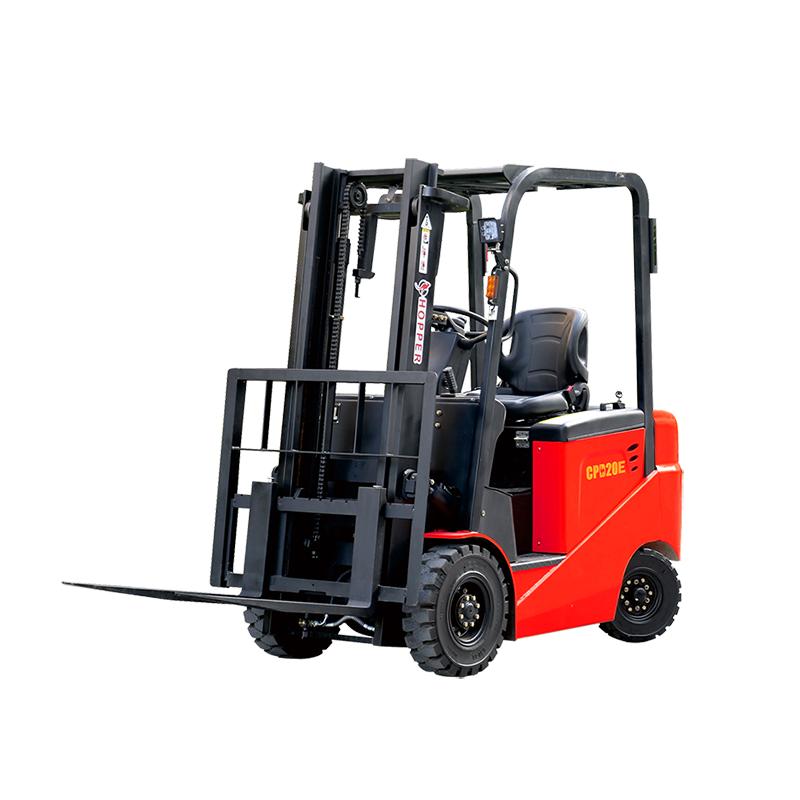In recent years, there has been a growing concern about the environmental impact of industrial equipment, such as forklifts, on the planet. As companies strive to become more sustainable, many are turning to electric forklifts as a greener alternative to traditional diesel-powered ones. Electric forklifts offer a range of benefits, not only in terms of environmental impact but also in terms of efficiency and cost-effectiveness. This article will explore the environmental impact of electric forklifts and how they can contribute to a more sustainable future.
The Advantages of Electric Forklifts
1. Zero Emissions
- Unlike diesel-powered forklifts, electric forklifts produce zero emissions, making them a much cleaner and greener option for indoor and outdoor use.
2. Reduced Noise Pollution
- Electric forklifts are much quieter than diesel-powered ones, which helps reduce noise pollution in the workplace and surrounding areas.
3. Energy Efficiency
- Electric forklifts are more energy-efficient than their diesel counterparts, resulting in lower energy consumption and operating costs.
The Environmental Impact of Electric Forklifts
1. Air Quality
- Electric forklifts do not emit harmful pollutants like nitrogen oxides and particulate matter, which can have a negative impact on air quality and human health.
- By using electric forklifts, companies can contribute to improving air quality both indoors and outdoors.
2. Carbon Footprint
- Electric forklifts have a smaller carbon footprint compared to diesel-powered forklifts, as they do not rely on fossil fuels for operation.
- Switching to electric forklifts can help companies reduce their overall carbon emissions and combat climate change.
3. Waste Reduction
- Electric forklifts produce less waste compared to diesel forklifts, as they do not require oil changes or disposal of harmful pollutants.
- By using electric forklifts, companies can minimize their environmental impact and contribute to a more sustainable waste management system.
Factors to Consider When Switching to Electric Forklifts
1. Initial Investment
- Electric forklifts may have a higher upfront cost compared to diesel forklifts, but they offer long-term savings on fuel and maintenance costs.
2. Charging Infrastructure
- Companies need to have the necessary charging infrastructure in place to support electric forklifts, including charging stations and battery management systems.
3. Training and Adaptation
- Operators may require training to use electric forklifts effectively, as they operate differently from diesel forklifts in terms of speed, acceleration, and handling.
Conclusion
Electric forklifts offer a sustainable solution for companies looking to reduce their environmental impact and improve operational efficiency. By switching to electric forklifts, companies can benefit from zero emissions, reduced noise pollution, energy efficiency, and lower operating costs. While there may be initial challenges in transitioning to electric forklifts, the long-term benefits in terms of sustainability and environmental stewardship make them a worthwhile investment for the future.
